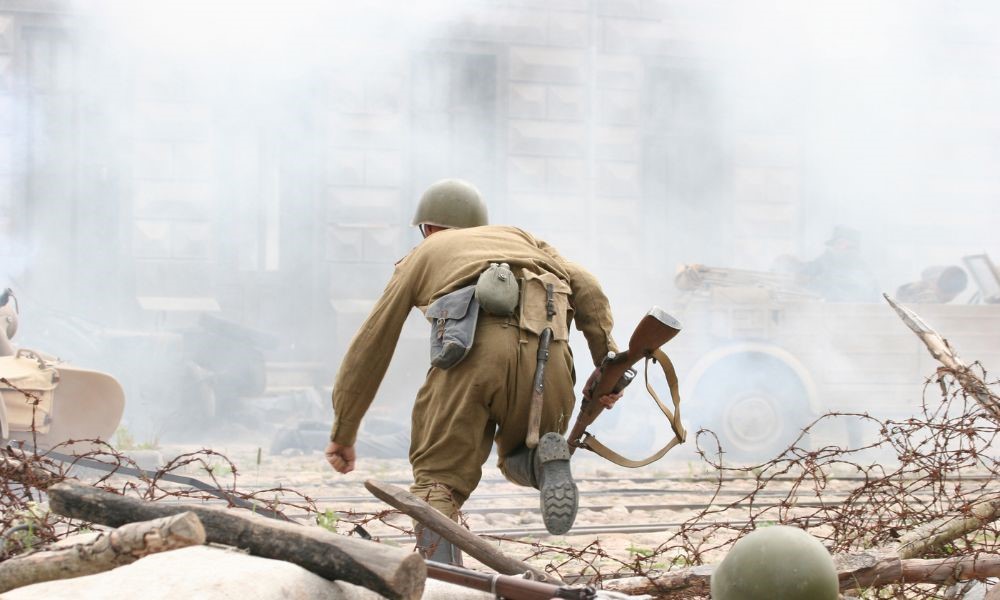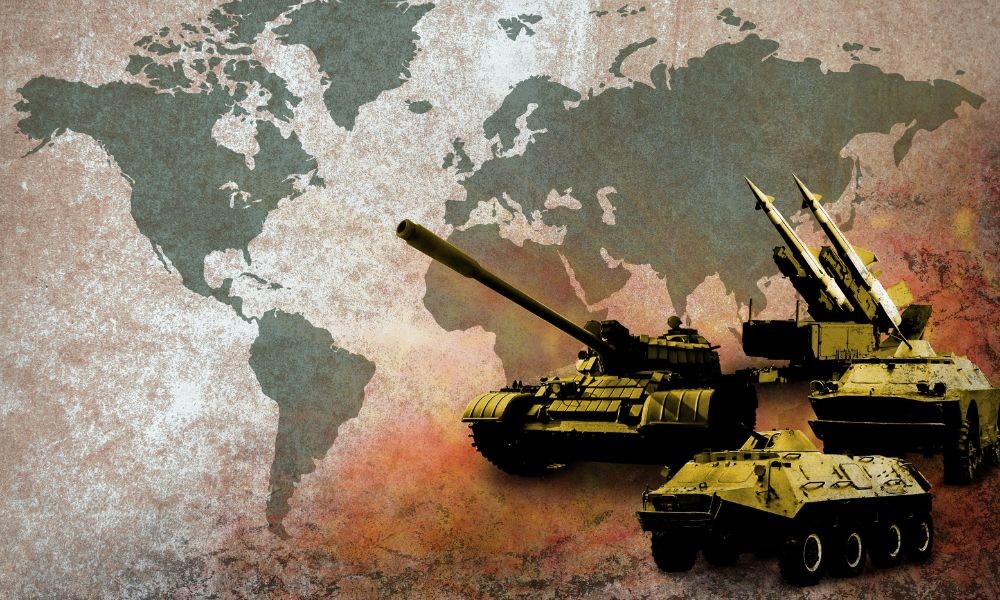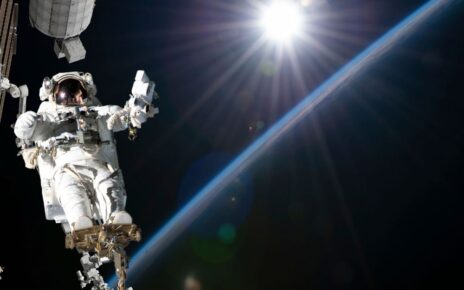Introduction
The ongoing Russia-Ukraine conflict has dominated global headlines, with ceasefire negotiations offering hope for peace. However, reaching a lasting agreement remains complex, with multiple diplomatic, military, and geopolitical factors at play. This article provides a Russia-Ukraine ceasefire agreement analysis, focusing on the challenges in negotiation and the outcomes of peace talks, while assessing the broader implications for global stability.
The Background of the Russia-Ukraine Conflict
The Russia-Ukraine war began in 2014 following the annexation of Crimea and escalated into a full-scale invasion in 2022. Since then, multiple ceasefire attempts have been brokered by international mediators, yet sustainable peace has remained elusive. The most recent negotiations signal renewed hope, but whether they lead to a permanent resolution remains uncertain.
Russia-Ukraine Ceasefire Agreement Analysis
Ceasefire agreements between Russia and Ukraine have faced significant challenges due to issues of territorial control, security guarantees, and international pressure. Previous attempts at peace, including the Minsk Agreements, failed to establish long-term stability. Current negotiations seek to address these failures while ensuring both nations have a mutually agreeable path forward.
One of the key aspects of the Russia-Ukraine ceasefire agreement analysis is the role of third-party mediators, such as the United Nations, Turkey, and the European Union. These stakeholders play a crucial role in facilitating dialogue and ensuring compliance with ceasefire terms. Additionally, economic sanctions against Russia have added pressure to the negotiating table, potentially influencing the course of discussions.
Russia-Ukraine Ceasefire Negotiation Challenges
Despite diplomatic efforts, multiple Russia-Ukraine ceasefire negotiation challenges persist. These challenges include:
- Territorial Disputes – Ukraine demands the full restoration of its pre-2014 borders, while Russia insists on retaining control over annexed territories.
- Security Concerns – Ukraine seeks security guarantees from NATO and Western allies to prevent future aggression, which Russia opposes.
- Political Leadership Differences – Ukrainian President Volodymyr Zelenskyy and Russian President Vladimir Putin maintain starkly opposing political visions, complicating negotiations.
- Economic Pressures – While international sanctions have weakened Russia’s economy, the war has also devastated Ukraine’s infrastructure and economic stability.
- Humanitarian Crisis – Millions of displaced Ukrainians and ongoing civilian casualties add urgency to ceasefire discussions, yet humanitarian corridors have been repeatedly violated.
- Global Geopolitical Interests – The involvement of the U.S., NATO, and China creates a broader geopolitical landscape that influences negotiations beyond the two nations involved.

Russia-Ukraine Peace Talks Outcomes
The latest Russia-Ukraine peace talks outcomes have shown both progress and setbacks. Here are some key developments:
- Temporary Ceasefires: Several short-term ceasefires have been agreed upon to allow humanitarian aid into affected areas. However, violations have often undermined these efforts.
- Exchange of Prisoners: A notable agreement led to the exchange of prisoners of war, signaling potential goodwill for further negotiations.
- Economic Agreements: Certain negotiations have focused on easing economic restrictions, such as allowing grain exports from Ukraine to prevent a global food crisis.
- Western Military Support: Ukraine continues to receive military aid from Western nations, which has influenced the balance of power on the battlefield and in negotiations.
Despite these developments, a permanent ceasefire remains uncertain. The fear of renewed hostilities lingers, particularly as both sides remain entrenched in their positions regarding territorial sovereignty. Read about Unraveling Sudan.
The Global Impact of a Russia-Ukraine Ceasefire
A successful ceasefire agreement could reshape global politics and economic stability. Here are some potential global effects:
- Energy Market Stabilization – A ceasefire could ease energy supply disruptions, reducing global oil and gas prices.
- Economic Recovery – Both Russia and Ukraine would need international aid for post-war reconstruction, leading to new economic alliances.
- Shifts in Geopolitical Alliances – NATO’s role in European security may evolve, while Russia’s relationships with China and other non-Western nations could strengthen.
- International Law Precedents – The handling of war crimes, reparations, and diplomatic resolutions could set a precedent for future conflicts worldwide.
Conclusion
While recent negotiations provide cautious optimism, the road to lasting peace remains fraught with Russia-Ukraine ceasefire negotiation challenges. The Russia-Ukraine peace talks outcomes indicate progress, but achieving a final resolution requires overcoming deep-rooted political and territorial disputes. A thorough Russia-Ukraine ceasefire agreement analysis suggests that sustainable peace will depend on continued diplomatic efforts, economic strategies, and international cooperation. Only time will tell whether this conflict will end in a lasting ceasefire or continue to shape global geopolitics for years to come.





